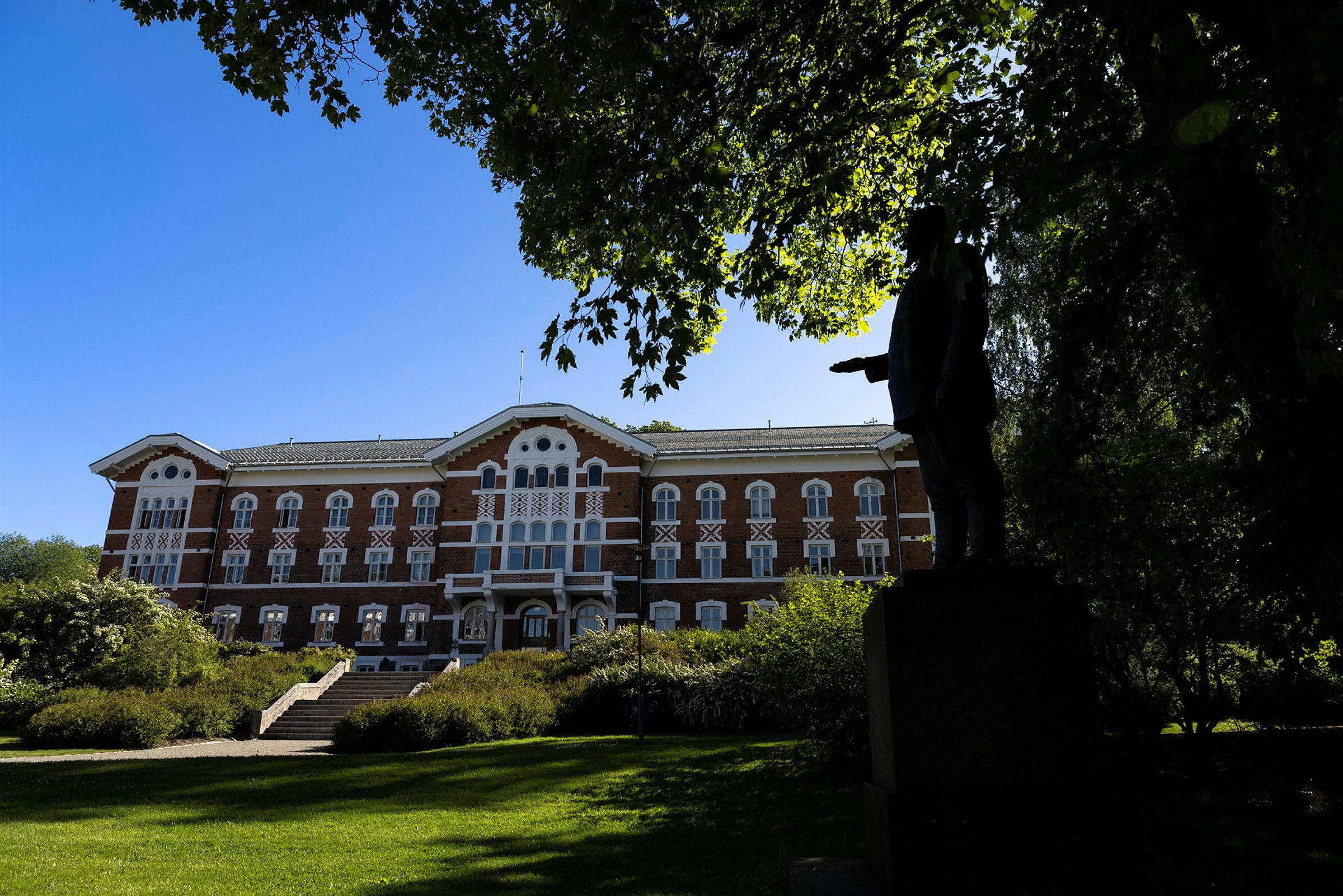The Faculty of Landscape and Society (LANDSAM) shall be a nationally and internationally leading academic environment that develops critical thinking and innovative and lasting solutions for sustainable social development, aligned with NMBU’s vision: Investing together in a sustainable future.
Introduction
Society is facing major social, environmental and economic challenges. Meeting these challenges requires new ways of understanding and applying knowledge, and an understanding of how the challenges and solutions are affected by environmental, economic and social conditions, such as war and conflict, political polarisation, rapid urbanisation, growing inequality, changing consumption patterns, geopolitical changes, marginalisation and exclusion.
The breadth of our academic environments and their interdisciplinary approach to research and education make us particularly adept at looking at current issues from an overall societal perspective. Our academic environments possess expertise in global and national issues within the fields of international environmental and development studies, urban and regional planning, property and law, landscape architecture and landscape engineering, and public health science.
LANDSAM develops knowledge at the intersection between people and their physical, natural, social and cultural environment, based on local as well as global issues and challenges. Our research is characterised by extensive collaboration with decision-makers and influential members of society – both national and international.
Our degree programmes provide students with a strong theoretical foundation, high analytical competence and the ability to apply knowledge to sustainable development, with a critical eye on their own practice.
LANDSAM shall challenge established practices through research, dissemination and participation in public debate. Our degree programmes shall provide students with the tools and skills needed to bring about long-term, sustainable change. LANDSAM shall set the premises for and act as a driving force for solving societal challenges.
The strategic action plan applies to the period 2023–2025 and describes the focus areas the faculty will work on during this period to realise NMBU’s strategy for 2023–2030.
The action plan is materialised in the form of measures and priorities through work on the annual plan. It is also followed up with KPIs for each of the items to be able to monitor the progress of the faculty’s strategic work. The Dean reports annually on developments to the Faculty Board in connection with its consideration of the annual plan for the coming year.
Strategic objectives for the Faculty of Landscape and Society
Lifelong learning
LANDSAM shall:
- Integrate knowledge about and action skills for sustainable development into all study programmes
- Increase recruitment to all our study programmes
- Further develop the programme portfolio to be able to offer attractive degree programmes in close cooperation with employers and partners locally, regionally and globally
- Have students who represent global diversity and actively participate in the global classroom
- Develop new continuing education programmes that meet society’s skills needs, across all the faculty’s regular study programmes, in close cooperation with organisations, business and industry and the public administration
- Offer courses across study programmes throughout NMBU that provide skills in planning for sustainable social development
- Give priority to the work performed by SITRAP Centre of Excellence and draw on the centre’s expertise in educational development work at the faculty and university
Joint research efforts
LANDSAM shall:
- Establish our position as a recognised, prominent expert environment in social sustainability and strengthen the importance of social science approaches to sustainability challenges
- Initiate interdisciplinary research projects across departments and faculties, addressing issues relevant to sustainable social development
- Increase the scope and quality of scientific publications
- Through dissemination work, strengthen our role in setting the premises for and acting as a driving force for solving societal challenges
- Increase our portfolio of commissioned research in strategically important areas
- Increase the number and quality of applications for Norway’s and the EU’s research programmes
- Increase the number of candidates for our PhD programmes to contribute to national research expertise and the development of our disciplines
- Strengthen the links between research and education through the development of both research-based teaching and teaching-based research
Innovation and creativity
LANDSAM shall:
- Educate candidates with the expertise to help drive progress towards a more sustainable society locally and globally, by providing them with knowledge of and training in applying concepts, approaches and tools for innovation and creativity
- Collaborate with organisations, businesses and the public administration nationally and internationally to develop new knowledge that helps address sustainability challenges in society
- Establish a common understanding of and clarify what innovation means for the faculty and our disciplines
- Facilitate and further develop student-driven innovation projects, such as UrbanLab
- Integrate perspectives on and tools for social innovation in our continuing education programmes for working life
Our NMBU
LANDSAM shall:
- Have staff and academic groups that are aware of and take responsibility for the faculty’s contribution to NMBU’s work on sustainability
- Be a driving force for the development of innovative solutions in environmental and social sustainability at NMBU – locally, nationally and globally
- Have students who enjoy a good social learning environment and interact closely with faculty staff in their student life and through student associations and student democracy
- Offer education adapted to labour market demand and the different phases of students’ lives
- Have a study and working environment that promotes participation, interaction, respect, community and pride in our common workplace and identity
- Ensure financial room for manoeuvre that promotes the university’s core tasks in research, education and innovation/dissemination
- Have professional and efficient administrative services that support our core academic activities
